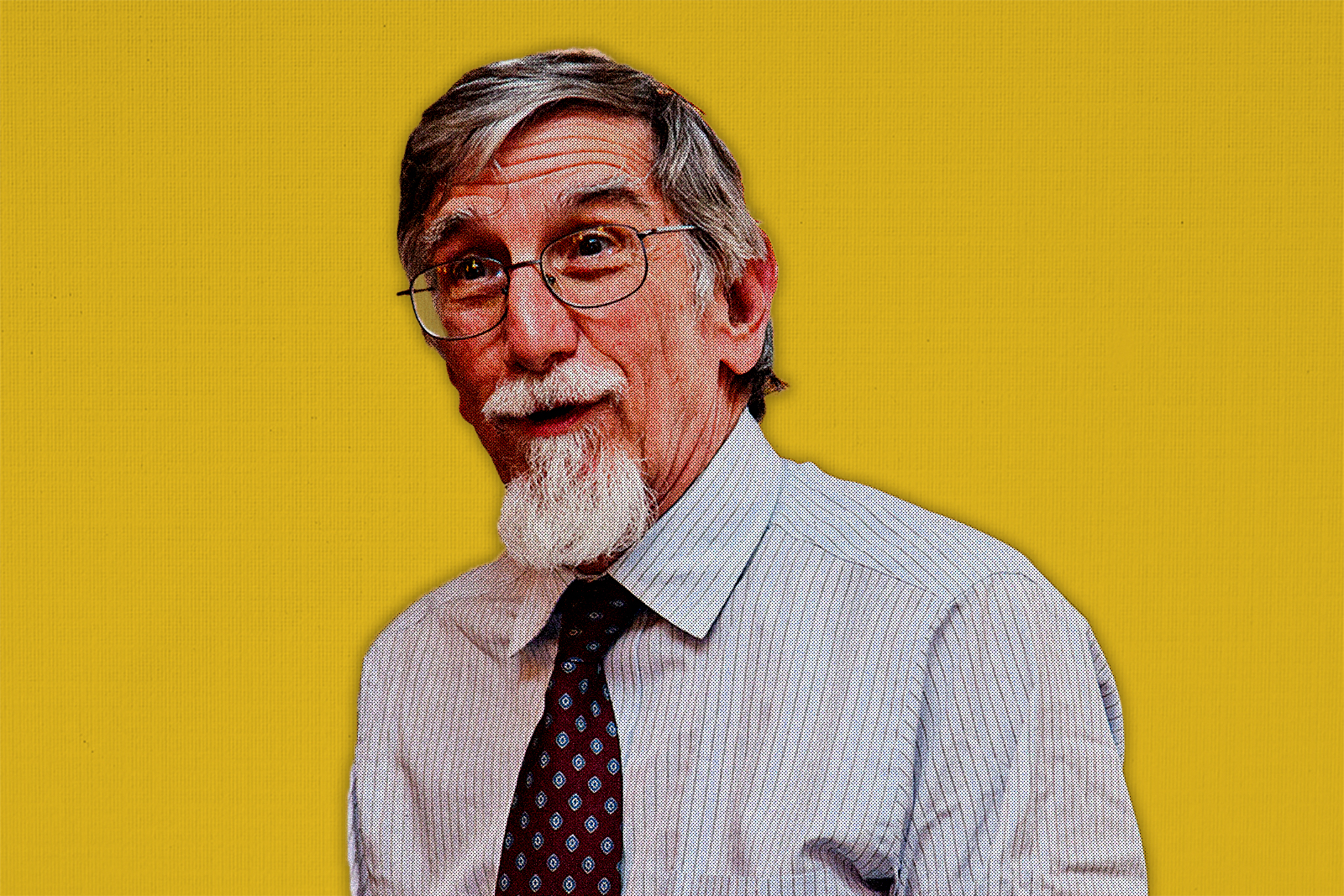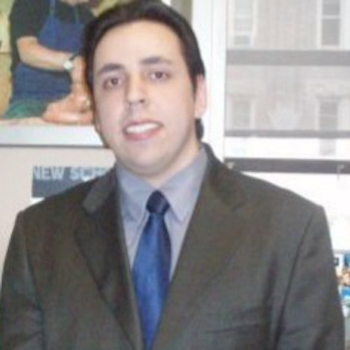
Culture
The World According to Robert Jervis
As I traveled by train in 2013 to Columbia University in Manhattan, I reflected on how fortunate I was that Professor Robert Jervis was able to fit me into his busy schedule. Professor Jervis was a frequent speaker and lecturer across the United States and the world. It was a mildly cool December afternoon, and I walked into his department at Columbia University.
While I was waiting for Professor Jervis, he was busily going back and forth between rooms. He explained to me that he had a deadline and needed to send his work to the publisher as soon as possible. He quickly apologized for the delay, and I reassured him that I understood. Professor Jervis was grayer than I had expected, but he was full of energy and managed to produce an enormous amount of published research throughout the years. I was excited to be able to talk with him that day.
Our conversation dealt with U.S. foreign policy and world affairs. Professor Jervis prefaced the discussion by stating that any analysis of foreign policy must “take into account domestic political constraints.” Professor Jervis believed that global climate change was the most important issue of our lifetime. “Laying the groundwork for the future and the next generation is the real issue.” Professor Jervis opined that a carbon tax and the role of oil companies intrigued him.
Our discussion turned to global political relations. Relations with China perplexed Professor Jervis, and he felt serious questions needed to be asked. Regarding China: “A combination of inducements are needed to deal with Beijing. Changing power relations would require denouncing Realism. Trying to get the Chinese expectations in Washington that China will accommodate and enter the world order would require a reconstructive argument of the world. The Beijing view is that America will accommodate us.” Professor Jervis believed that Washington and Beijing refuse to accommodate each other’s views and do not seem likely to concede in any meaningful way.
Professor Jervis focused next on international security, and he did not hide his disdain for U.S. policy toward Iran. According to Professor Jervis: “Iran was botched. The nuclear deal (during the Obama years) was a good one but maybe the opposition is just posturing. Some sanctions need to be lifted.” Continuing his analysis of global nuclear issues Professor Jervis stated: “This is a security point and not about political economy. Let’s not forget North Korea. South Korean intelligence points to a frightening nuclear situation. In 1999, I wanted more conciliatory moves but wondered whether this was the correct stance. North Korea built a nuclear reactor in Syria and there were no sanctions against the regime.”
Professor Jervis also pointed out that North Korea’s proliferating weapons of mass destruction to Myanmar should also be a focal point for policymakers and analysts. He said: “They (the North Koreans) are not crazy Asians. They are capable of great things. There is a paramount need for more information, and there needs to be a new policy.”
I turned Professor Jervis’s attention to Russia. He felt that foreign policies should always view the situation as: “Russia is not a superpower but is a great power. Russian arms exports go to nasty countries through Ukrainian ports.” He continued to analyze the Russia-Ukraine conflict as a question of relevance. “Does it really hurt U.S. interests if Ukraine is part of Russia’s sphere of influence?” Professor Jervis saw the situation as follows: “I think the main reason is we pushed the Russians into this. We really pushed the competition before Putin did. We and the West Europeans wanted more. We made a mistake by expanding NATO. When we did, it was a Realist take on the world. Russia was weak and not a superpower. Don’t poke someone in the eye unless you have a good reason. I have sympathy for Putin’s dislike of NATO. Ukraine is blamed on America for letting the West Europeans run everything. During Nixon’s high time, the Europeans grew up and I think they should take the lead. It would be better if Ukraine had ties to West Europe.”
As our conversation was about to end, I asked Professor Jervis a question that he had not expected. My question was about what he believed was the key to success. He was surprised and then laughed. He responded: “Oh, boy! If I knew! My wife would say a good marriage. It’s pretentious to think I could say do what I did! That was fifty years ago. My success depended on lucky breaks when I was a graduate student. Hard work. Nothing comes easy.”
Professor Jervis reminisced about the wonderful professors and colleagues who helped him pave the way for his career. He cited Professor Kenneth Waltz as an important influence. “I spoke with Ken an hour and a half each day. That time with Ken was my real graduate education.” He also mentioned Professor Albert Hirschman and the hiding hand principle as an important element of his own career at USC and Columbia. Albert Hirschman once said: “Creativity always comes as a surprise to us. Therefore, we can never count on it, and we dare not believe in it until it has happened. Hence, the only way in which we can bring our creative resources fully into play is by misjudging the nature of the task, by presenting it to ourselves as more routine, simple, and undemanding of genuine creativity than it will turn out to be. We are apparently on the trail here of some sort of invisible or hidden hand that beneficially hides difficulties from us.”
Professor Jervis ended the conversation by saying: “Albert Hirschman’s hiding hand principle is marvelous. In many projects, you are unaware of the obstacles. You get far enough down the road to see the obstacles, but you’re too far to go back.”
The conversation ended with Professor Jervis emphasizing that hard work is non-negotiable on the road to success. Professor Jervis reminded me that he believed that success comes from: “An enormous amount of reading and working. Don’t get discouraged. Dead ends are part of research and perseverance. You have to be willing to take chances and follow your ideas.” It was an honor to have been able to interview such a wonderful scholar, and I am grateful to the late Professor Robert Jervis.

